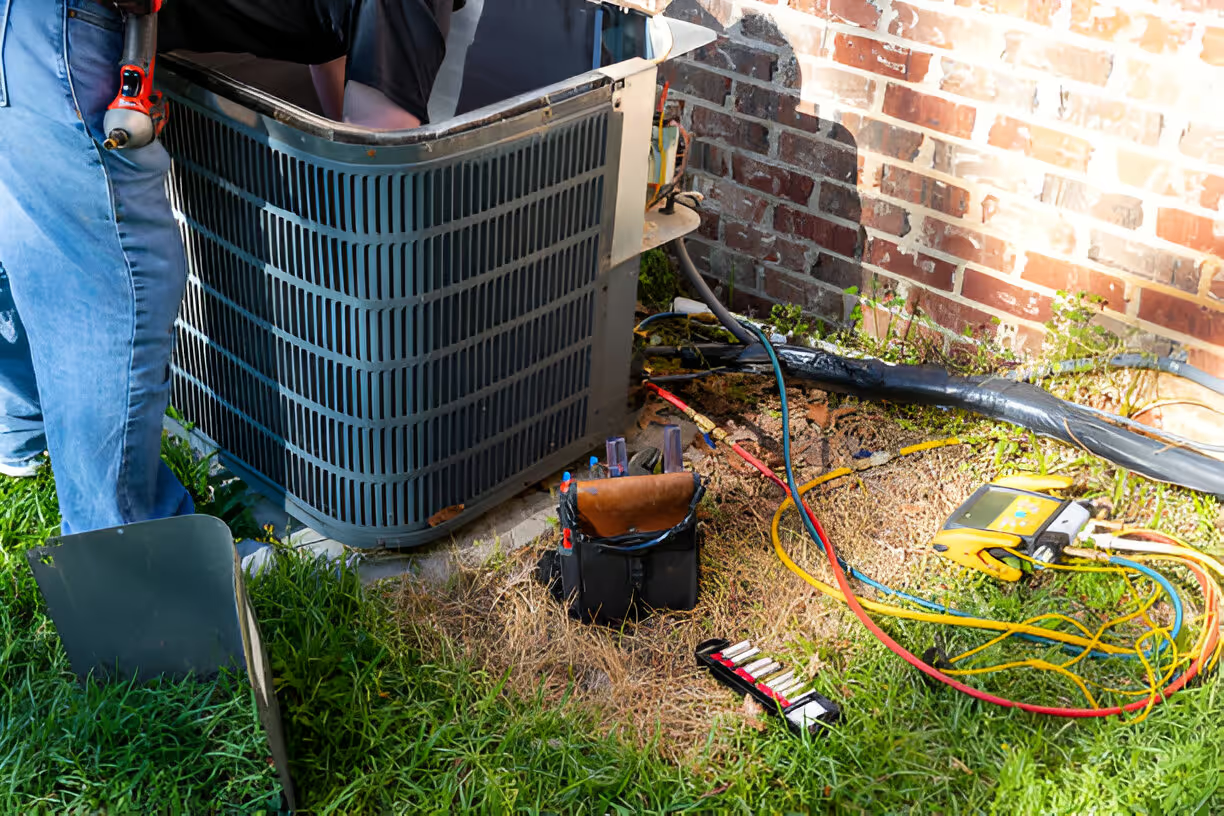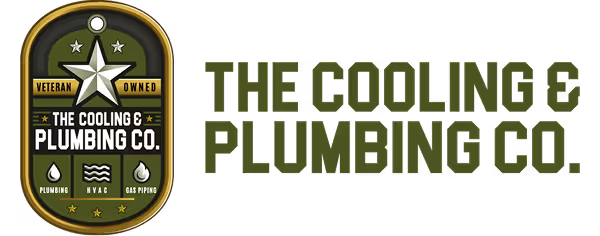AC Contractors in Paradise Valley, AZ
Air conditioning is not optional in Paradise Valley, AZ. With long, dry summers, frequent triple-digit heat, and seasonal monsoon dust and humidity, a reliable, properly sized HVAC system is essential for comfort, indoor air quality, and protecting high-value homes. This page explains what to expect from licensed AC contractors in Paradise Valley, AZ, how reputable teams diagnose and solve problems, examples of residential and commercial work, and clear guidance for choosing the right contractor for your home or business.

Why hire licensed AC contractors in Paradise Valley, AZ
- Local codes and permits: Paradise Valley and Maricopa County require the right permits and adherence to energy and safety codes. Licensed contractors know local inspection requirements and HOA rules common in gated and luxury communities.
- Desert-climate expertise: Contractors serving Paradise Valley understand how extreme heat, monsoon dust, and high daytime cooling loads affect equipment life and system design.
- Protection and accountability: Choose contractors who are licensed, bonded, and insured—this protects homeowners and ensures accountability when permits, warranties, and inspections are involved.
Common AC issues in Paradise Valley homes and businesses
- Reduced cooling capacity during peak heat
- Short cycling or frequent on/off operation
- High energy bills despite normal operation
- Frozen evaporator coils after temporary relief or leaks
- Refrigerant leaks and noncompliant refrigerant handling
- Clogged filters and dusty coils from monsoon storms
- Duct leakage in older or custom homes with long runs
- Failing capacitors, contactors, or compressors due to heat stress
Understanding these regional patterns helps contractors prioritize diagnostics that matter in Paradise Valley: airflow, refrigerant charge, outdoor condensing efficiency, and duct integrity.
Technician credentials and workmanship guarantees
Look for contractors who highlight:
- Technician certifications such as NATE (North American Technician Excellence) and EPA Section 608 certification for refrigerant handling.
- Licensed ROC numbers and proof of contractor licensing for HVAC work in Arizona.
- Bonded and insured status including general liability and workers compensation.
- Written workmanship guarantees—many reputable local contractors back labor and parts (for example, a one-year parts and labor guarantee is common) and clearly outline manufacturer's warranties for installed equipment.
A strong warranty package couples the contractor’s workmanship guarantee with the manufacturer’s equipment warranty for true long-term protection.
Typical diagnostic and repair process
A professional Paradise Valley AC contractor will follow a predictable, transparent process:
- Initial assessment: Confirm access, safety, and system history. Verify thermostat settings and recent changes.
- System inspection: Measure airflow, static pressures, refrigerant pressures and temperatures, electrical metrics, and outdoor unit condition (coil, fan motor).
- Root-cause diagnosis: Distinguish between electrical failures, refrigerant issues, airflow problems, or control failures influenced by local conditions like dust and heat.
- Estimate with options: Provide a written estimate that separates diagnostic findings, recommended repairs, and replacement options including efficiency gains and expected lifecycle.
- Repair or replacement: Completed by certified technicians using code-compliant materials and permit pull when required.
- Post-service check: Verify cooling performance with temperature splits, refrigerant charge adjustments, and customer education on maintenance steps.
This methodical approach prevents repeat trips and ensures long-term performance in Paradise Valley’s challenging climate.
Installation and replacement considerations
When replacing or installing an AC system in Paradise Valley homes—often larger custom residences or luxury estates—contractors should perform:
- Manual J load calculations to properly size equipment for high ceilings, solar exposure, and pool-related humidity.
- Manual D duct design or evaluation to ensure balanced airflow across multiple zones and long duct runs common in sprawling properties.
- Equipment selection focused on heat-resistance, high SEER ratings for energy savings, variable-speed compressors for humidity control, and compatibility with smart thermostats and zoning.
- Coordination with other trades when integrating new equipment with existing roof configurations, solar installations, or remodels.
For commercial clients, expect expertise in rooftop packaged units, RTUs, custom ductwork, and building energy management systems.
Examples of residential and commercial projects
- Residential: Replacing a 15-year-old split system in a luxury Paradise Valley home, including new high-efficiency condenser, variable-speed furnace, zoning dampers for second-floor comfort, and duct sealing to eliminate hot spots.
- Residential: Converting a pool-house mini-split and adding additional ductless zones for a backyard cabana that requires separate temperature control during extreme heat.
- Commercial: Upgrading rooftop HVAC systems on a small office complex to higher-efficiency units with demand-controlled ventilation and service agreements to reduce business downtime.
- Commercial: Preventive maintenance and coil cleaning programs for boutique hotels and small medical offices to maintain indoor air quality and consistent cooling in a hospitality environment.
Preventive maintenance and seasonal tips for Paradise Valley
- Schedule spring tune-ups before the summer load to optimize capacity and detect failing components.
- Replace filters frequently during monsoon season to prevent dust-laden coils and reduced efficiency.
- Consider routine coil cleaning and outdoor unit clearance—maintain 2–3 feet of airflow around condensers.
- Evaluate refrigerant lines and insulation; UV exposure and heat can degrade insulation over time.
- For homes with solar panels or high-value interiors, coordinate maintenance windows to minimize heat exposure during roof or electrical work.
How to choose a reputable AC contractor in Paradise Valley, AZ
- Verify license, bonding, and insurance and ask for ROC numbers to validate credentials.
- Confirm technician certifications such as NATE and EPA refrigerant handling.
- Request a written diagnosis and itemized estimate with clear options for repair vs replacement and details about warranties and workmanship guarantees.
- Ask about experience with local building codes, HOA requirements, and permit handling—especially for remodels or new installations.
- Look for evidence of consistent reviews and industry awards, stable service area coverage across the East Valley, and transparent business practices like clear service hours and written guarantees.
- Prefer contractors who include load calculations and duct evaluation as part of the installation process rather than relying on “like-for-like” replacements.
Choosing a contractor who understands Paradise Valley’s climate, home types, and regulatory environment ensures better long-term comfort, lower energy use, and fewer emergency repairs. With the right local expertise, you’ll get an AC system sized and installed to withstand our summers while protecting indoor air quality and home value.






